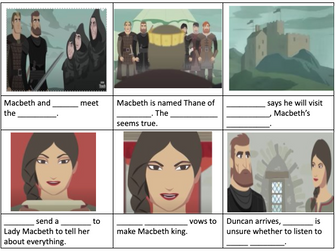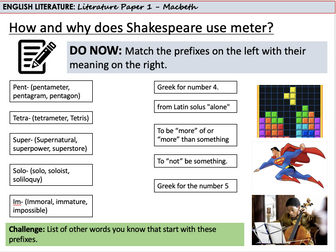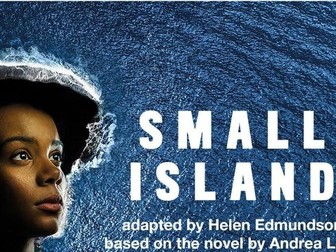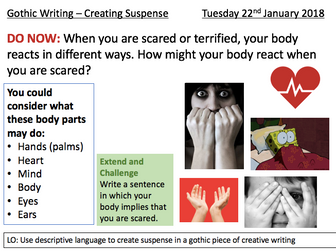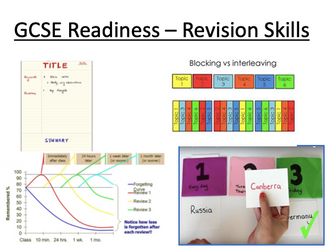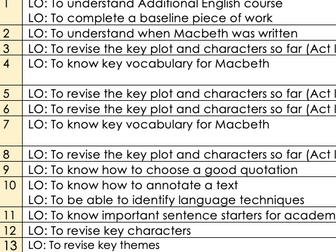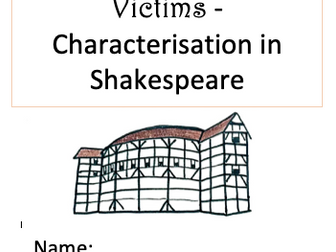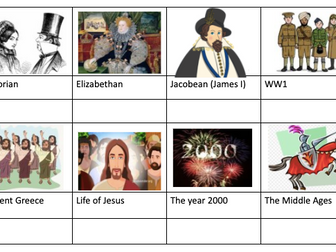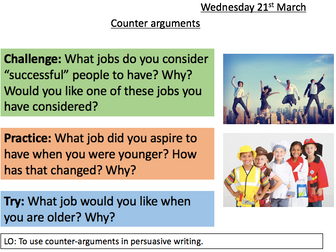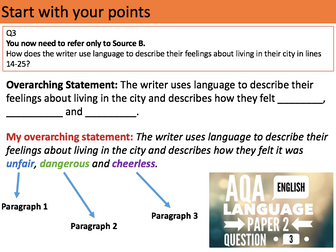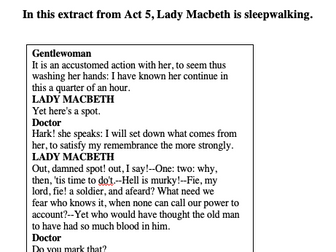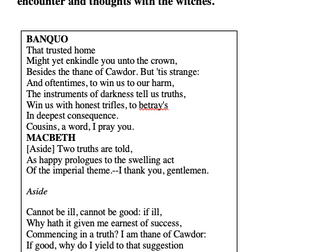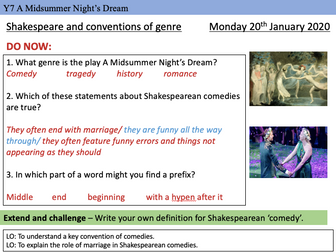Macbeth - Low ability plot and character lessons
4 lessons which allow students to revise/learn the plot of Macbeth.
Each lesson contains a gap-fill storyboard which corresponds to animated short videos. The lessons focus on how Macbeth develops through the play.
There is also a focus on learning key quotations and vocabulary.
This was used with a low prior attaining group of SEN and EAL GCSE students. However, it could easily be adapted for KS2/3.
